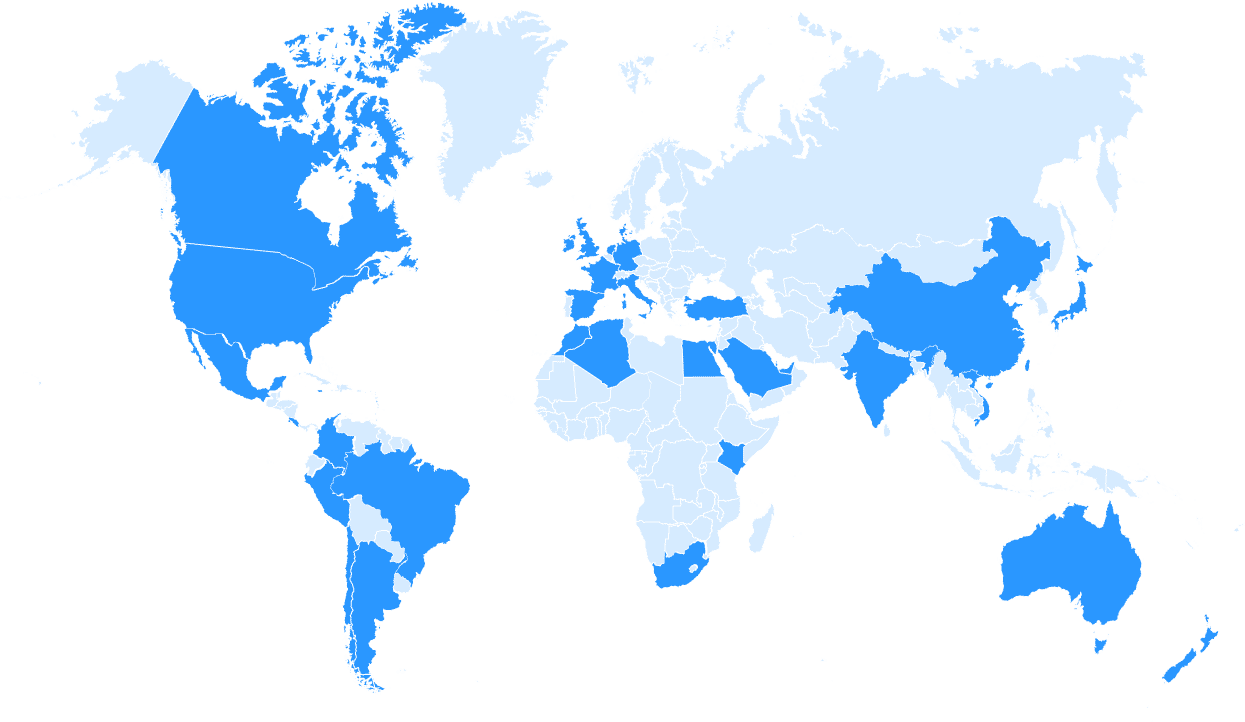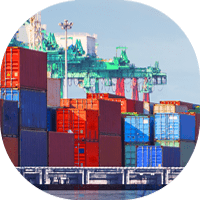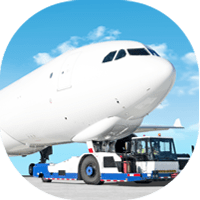Shipping to Ghana
At DFreight, we provide a wide range of business sea freight services for a variety of commodities, including foods, fruits, electronics, cosmetics, and furniture; offering transparent, effective, and reliable door-to-door cargo to Ghana from the UAE and vice versa. You can conduct business without being concerned about the challenges of shipping from the UAE to Ghana using our all-in-one digital freight solutions.
Our digital freight forwarding platform provides real-time monitoring of shipments, ensuring that you have complete visibility and control over your cargo. We offer end-to-end services tailored to your unique requirements, making shipping to and from Ghana a hassle-free experience. We help you ship business cargo to various cities in Ghana, including Kumasi, Accra, Tamale, etc. in the easiest, fastest, and safest way possible.
You can rely on DFreight to assist you with all of your international cargo shipping to Ghana thanks to our FCL and LCL shipment ocean freight cargo services. With the help of our digital freight platform, you may submit your inquiry right away and receive the best competitive prices for shipping your cargo to Ghana.
 Lome
Lome
 Tema
Tema
 Takoradi
Takoradi
 Jebel Ali
Jebel Ali
 Sharjah
Sharjah

Tema port, located on Ghana’s east coast, is the country’s largest and most important port. It has a total area of 3.9 million square meters and receives approximately 1650 ships per year, including container ships, general cargo laden vessels, tankers, ro-ro, and few cruise ships. It handles ordinary freight, large dry and liquid bulk, as well as imported autos.This port handles more than half of Ghana’s international maritime traffic and is conveniently positioned just 30 kilometers from the capital city. It also acts as a logistics hub in the region, providing a variety of services. The government intends to expand the port even more in order to make it the most important trading hub in West Africa.

Takoradi Port is located in western Ghana and was the country’s first commercial port, opening in 1928 to meet the needs of the mining industry as well as to cope with imported consumer goods. Takoradi is strategically located in the region and is only 230 kilometers from Accra.This port is well connected to the rest of Ghana, particularly the northern and central regions, and it handles a significant amount of trade with neighboring landlocked nations such as Burkina Faso, Mali, and Niger. After the port of Tema, it is Ghana’s second busiest port. It has 6 berths in addition to distinct berths for manganese and bauxite, as well as one oil berth. Their draughts vary between 8.4 and 10 meters. These are all multipurpose berths that can handle ro-ro.

The Port of Saltpond is a deep-seaport in Ghana’s south, located in the town of Saltpond. It is located in the Gulf of Guinea and has an anchorage depth of roughly 12.5 to 13.8 m. The oil terminal is more than 23.2 meters deep. The water channel is 76 feet deep. It is a modest port with an open roadstead harbor. The Port’s shelter is in poor shape and requires repair. It can only handle small vessels from neighboring regions, not international shipments. It mostly handles general shipping and logistic services.

North America
South America
Oceania
The top exports of Ghana are Gold, Crude Petroleum, Cocoa Beans, Cocoa Paste, and Coconuts, Brazil Nuts, and Cashews, exporting mostly to Switzerland, United Arab Emirates, United States, India, and China.
The top imports of Ghana are Refined Petroleum, Cars, Rice, Delivery Trucks, and Coated Flat-Rolled Iron, importing mostly from China, India, Netherlands, United States, and United Arab Emirates.
Rules and Regulations for importing goods to Ghana require all imports to be declared in writing to the appropriate customs authorities upon their arrival in Ghana. Importers need to provide documents. All products must meet Ghana’s import requirements, including product certification, inspections, and labeling. Ghana has also established taxes and duties which must be paid for goods imported into Ghana. All imported goods must have an accompanying Customs Declaration Form indicating the purpose of importation and its value.


